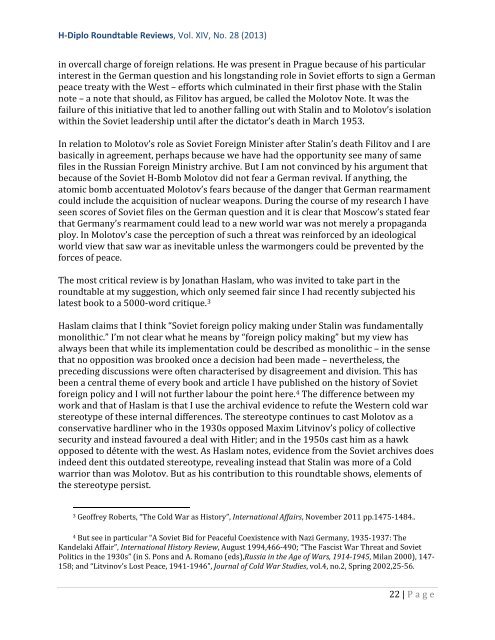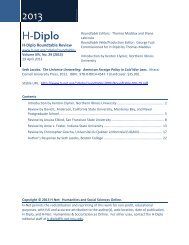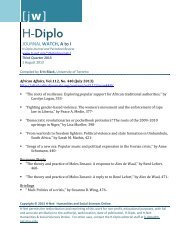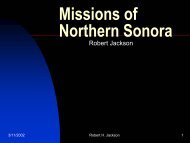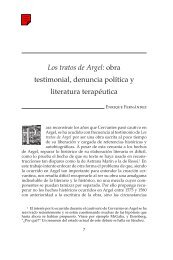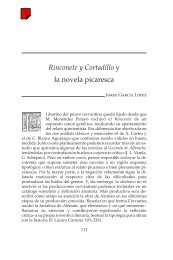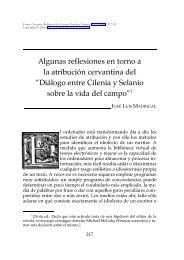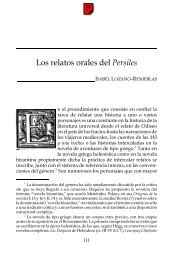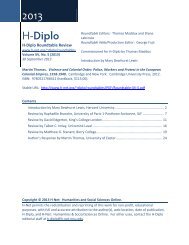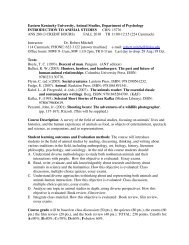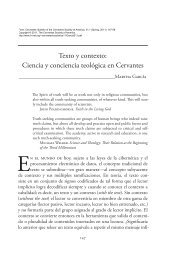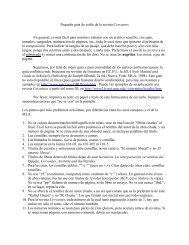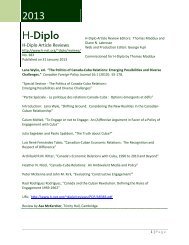H-Diplo Roundtable on Geoffrey Roberts. Molotov - H-Net
H-Diplo Roundtable on Geoffrey Roberts. Molotov - H-Net
H-Diplo Roundtable on Geoffrey Roberts. Molotov - H-Net
You also want an ePaper? Increase the reach of your titles
YUMPU automatically turns print PDFs into web optimized ePapers that Google loves.
H-<str<strong>on</strong>g>Diplo</str<strong>on</strong>g> <str<strong>on</strong>g>Roundtable</str<strong>on</strong>g> Reviews, Vol. XIV, No. 28 (2013)<br />
in overcall charge of foreign relati<strong>on</strong>s. He was present in Prague because of his particular<br />
interest in the German questi<strong>on</strong> and his l<strong>on</strong>gstanding role in Soviet efforts to sign a German<br />
peace treaty with the West – efforts which culminated in their first phase with the Stalin<br />
note – a note that should, as Filitov has argued, be called the <strong>Molotov</strong> Note. It was the<br />
failure of this initiative that led to another falling out with Stalin and to <strong>Molotov</strong>’s isolati<strong>on</strong><br />
within the Soviet leadership until after the dictator’s death in March 1953.<br />
In relati<strong>on</strong> to <strong>Molotov</strong>’s role as Soviet Foreign Minister after Stalin’s death Filitov and I are<br />
basically in agreement, perhaps because we have had the opportunity see many of same<br />
files in the Russian Foreign Ministry archive. But I am not c<strong>on</strong>vinced by his argument that<br />
because of the Soviet H-Bomb <strong>Molotov</strong> did not fear a German revival. If anything, the<br />
atomic bomb accentuated <strong>Molotov</strong>’s fears because of the danger that German rearmament<br />
could include the acquisiti<strong>on</strong> of nuclear weap<strong>on</strong>s. During the course of my research I have<br />
seen scores of Soviet files <strong>on</strong> the German questi<strong>on</strong> and it is clear that Moscow’s stated fear<br />
that Germany’s rearmament could lead to a new world war was not merely a propaganda<br />
ploy. In <strong>Molotov</strong>’s case the percepti<strong>on</strong> of such a threat was reinforced by an ideological<br />
world view that saw war as inevitable unless the warm<strong>on</strong>gers could be prevented by the<br />
forces of peace.<br />
The most critical review is by J<strong>on</strong>athan Haslam, who was invited to take part in the<br />
roundtable at my suggesti<strong>on</strong>, which <strong>on</strong>ly seemed fair since I had recently subjected his<br />
latest book to a 5000-word critique. 3<br />
Haslam claims that I think “Soviet foreign policy making under Stalin was fundamentally<br />
m<strong>on</strong>olithic.” I’m not clear what he means by “foreign policy making” but my view has<br />
always been that while its implementati<strong>on</strong> could be described as m<strong>on</strong>olithic – in the sense<br />
that no oppositi<strong>on</strong> was brooked <strong>on</strong>ce a decisi<strong>on</strong> had been made – nevertheless, the<br />
preceding discussi<strong>on</strong>s were often characterised by disagreement and divisi<strong>on</strong>. This has<br />
been a central theme of every book and article I have published <strong>on</strong> the history of Soviet<br />
foreign policy and I will not further labour the point here. 4 The difference between my<br />
work and that of Haslam is that I use the archival evidence to refute the Western cold war<br />
stereotype of these internal differences. The stereotype c<strong>on</strong>tinues to cast <strong>Molotov</strong> as a<br />
c<strong>on</strong>servative hardliner who in the 1930s opposed Maxim Litvinov’s policy of collective<br />
security and instead favoured a deal with Hitler; and in the 1950s cast him as a hawk<br />
opposed to détente with the west. As Haslam notes, evidence from the Soviet archives does<br />
indeed dent this outdated stereotype, revealing instead that Stalin was more of a Cold<br />
warrior than was <strong>Molotov</strong>. But as his c<strong>on</strong>tributi<strong>on</strong> to this roundtable shows, elements of<br />
the stereotype persist.<br />
3 <strong>Geoffrey</strong> <strong>Roberts</strong>, “The Cold War as History”, Internati<strong>on</strong>al Affairs, November 2011 pp.1475-1484..<br />
4 But see in particular “A Soviet Bid for Peaceful Coexistence with Nazi Germany, 1935-1937: The<br />
Kandelaki Affair”, Internati<strong>on</strong>al History Review, August 1994,466-490; “The Fascist War Threat and Soviet<br />
Politics in the 1930s” (in S. P<strong>on</strong>s and A. Romano (eds),Russia in the Age of Wars, 1914-1945, Milan 2000), 147-<br />
158; and “Litvinov’s Lost Peace, 1941-1946”, Journal of Cold War Studies, vol.4, no.2, Spring 2002,25-56.<br />
22 | P age


